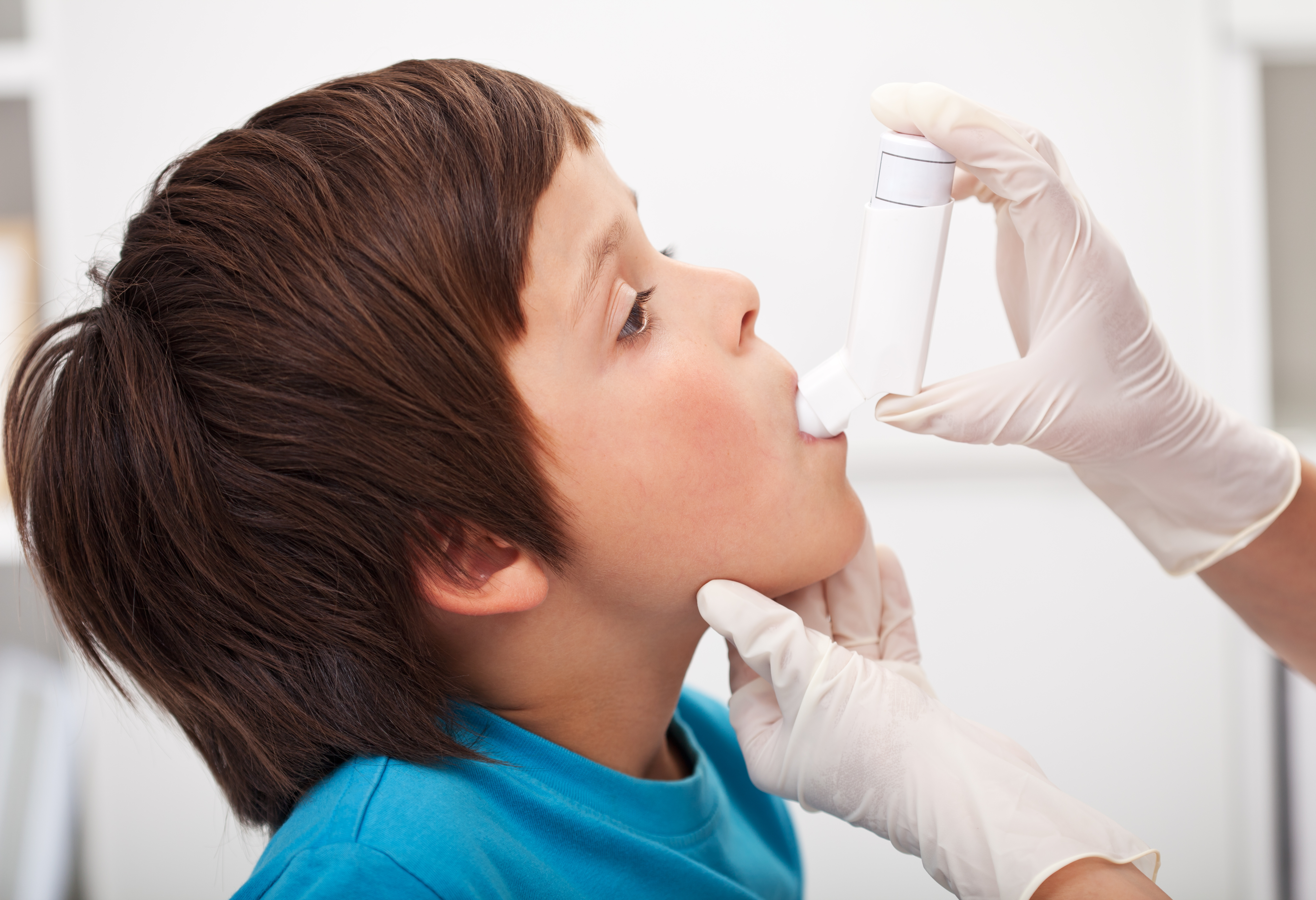In Chicago, the rates of asthma in children are remarkably high, and the condition has been found to have a high incidence among African-American children. The CHICAGO trial (Coordinated Healthcare Interventions for Childhood Asthma Gaps in Outcomes), aims to address this issue. The trial is a multi center study being conducted at the Rush University Medical Center and six other major medical centers across the city in order to determine the best way to apply asthma guidelines in emergency departments and at home. In addition to the Rush Medical Center, the Sinai Medical Center, UI Health, Ann and Robert H. Lurie Children’s Hospital of Chicago, University of Chicago Comer Children’s Hospital and John H. Stroger, Jr., Hospital of Cook County are also participating in the trial.
CHICAGO aims to evaluate asthma patient interventions that are currently being offered in emergency departments as well as improve clinical outcomes among minority and low-income children seeking clinical care in the emergency room due to uncontrolled asthma.
“Children with asthma are frequent visitors to emergency departments,” said Dr. Giselle Mosnaim, allergy and immunology expert, assistant professor of preventative medicine and lead investigator at Rush University Medical Center. “There are gaps in our understanding about how best to implement asthma guidelines in the emergency department and in the home. The CHICAGO Trial was designed specifically to address gaps in the care of children.”
The first CHICAGO trial intervention provides tools to emergency physicians to help them to follow the guidelines for the prescription of inhaled and oral medications, such as rescue and faster-acting asthma medications. The clinical centers’ staff will provide patients’ caregivers with guidance for asthma self-management and coordinate follow-up care with a primary caregiver.
The second CHICAGO trial intervention will aim to include home visits by a community health worker for the patient family to reduce their asthma triggers at home. “Many homes contain asthma triggers that patients and their families do not know about or do not know how to avoid,” explained Mosnaim.
Community workers will also provide patients with personalized asthma education for proper self-magagment of the condition. These workers will partner with pediatric patients’ outpatient asthma caregivers.
The interventions’ outcomes will be evaluated with interviews with the patients’ caregivers, with a particular focus on the children asthma clinical outcomes. These outcomes include being able to participate in sports and not missing school (in the case of children), and lower anxiety and not having to miss work (in the case of caregivers).

